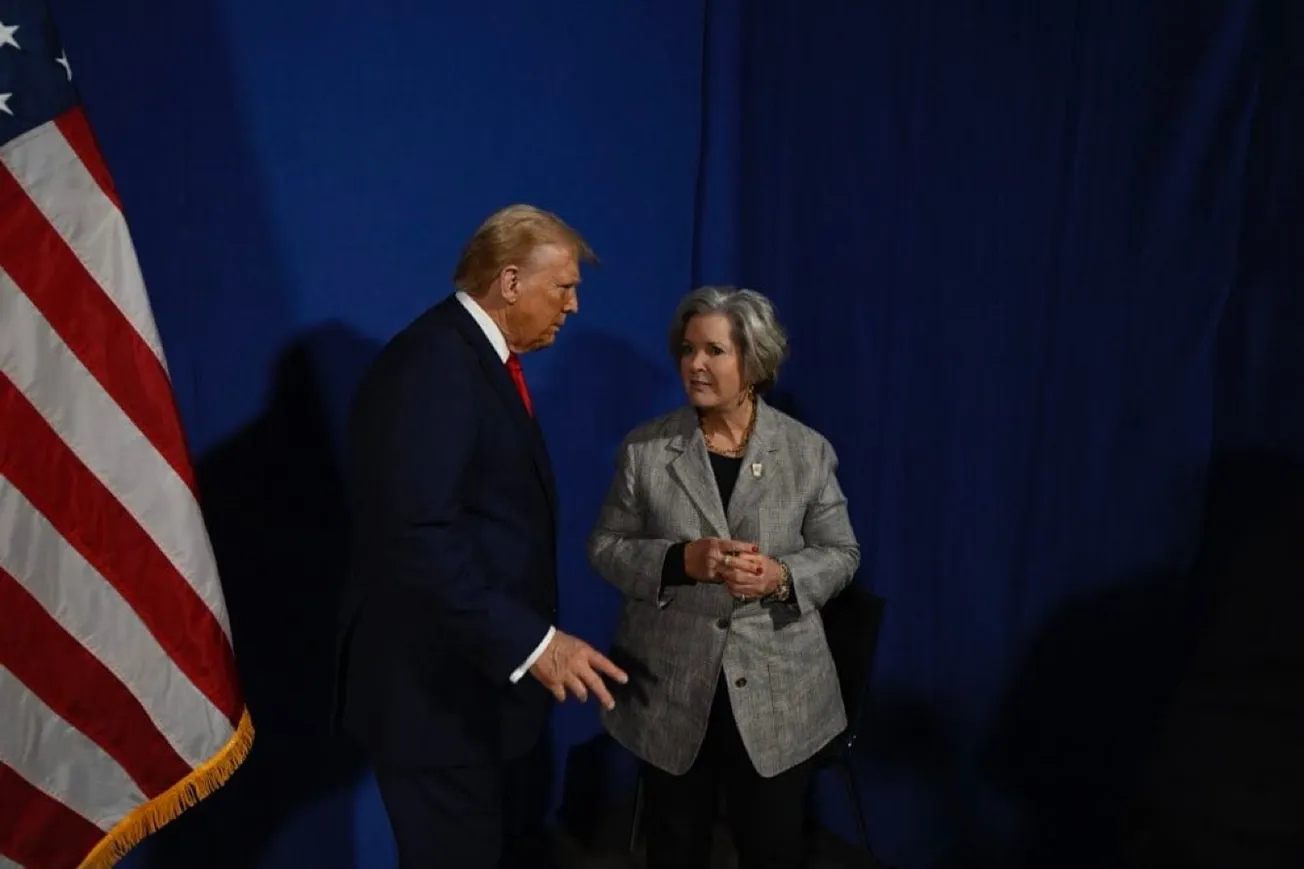By Ireland Owens, Daily Caller News Foundation | December 03, 2024
A handful of credit card companies are stifling competition and financially straining small businesses with high interchange fees while providing little explanation as to why swipe fee prices have increased, according to The New York Times (NYT).
Fees incurred by businesses every time a customer uses a credit card to make a purchase are called “swipe fees” — and they are crippling small businesses and passing high costs onto consumers, according to business owners who spoke with the NYT. Two companies, Mastercard and Visa, have a near-monopoly on this process, as the credit card companies together control more than 80% of the market for card purchases, NYT reported.
So-called swipe fees on credit cards have become burdensome for some small business owners as fewer customers now carry cash. U.S. merchants paid a total of $172 billion in processing fees for goods and services they sold in 2023, up from $160.66 billion in 2022, according to the Nilson Report. Small businesses employ roughly 46% of American workers, or about 59 million people, and account for 43.5% of the U.S.’s gross domestic product, according to the Office of Advocacy.
“There is no room to pay more — we’re just operating so thin,” Patti Riordan, who owns a hobby shop in Lancaster, Ohio, told the NYT.
Debit and credit card fees are some of the top monthly expenses for many small businesses, the NYT reported. Swipe fees are “the 2%–3% that credit card companies charge retailers every time a customer swipes their credit card to make a purchase,”the National Association Of Convenience Stores (NACS) explained.
Fees applied to premium reward cards are “substantially higher” for retailers, the NYT reported; credit card companies claim the fees collected are used to invest in security such as fraud protections.
“It’s very expensive to issue a product and to provide payment guarantee and online customer service, zero liability. All of those things, and many more, senator, get factored into interchange [fees],” Bill Sheedy, a senior advisor to Visa CEO Ryan McInerney, previously claimed.
Visa and Mastercard agreed to cap fees they charge businesses that accept their credit cards as part of a class-action settlement in March, but a judge rejected the settlement in June, according to the NYT.
Some merchants have called on Congress to pass legislation to promote a more competitive credit card marketplace, the NYT reported. A group of U.S. lawmakers introduced a bipartisan bill in June 2023 called the Credit Card Competition Act, which aimed to “enhance competition and choice” in the credit card network market, according to a press release. The Department of Justice also filed an antitrust lawsuit against Visa in September, accusing the credit card company of using its market power to stifle competition and charge high fees, according to the NYT. The Senate Judiciary Committee grilled Visa and Mastercard over high credit card swipe fees at a November hearing, CNBC reported.
“This concern is not going to go away,” Susan Stephan, a professor at the University of Cincinnati College of Law who specializes in antitrust law, told the NYT. “Consumers are really concerned about rising costs in every arena, and this is one where there’s actually the potential for legislation to make a difference.”
Both small businesses and consumers in the U.S. have been grappling with high prices under the Biden-Harris administration. As inflation worsens and results in more card usage, swipe fees also worsen, according to NACS.
The small business uncertainty index, which measures the outlook of how uncertain small business owners are about the future of the economy, rose seven points to 110 in October, the highest reading ever recorded, according to the National Federation of Independent Business. The COVID-19 pandemic wreaked havoc on small businesses across the country, many of which are still struggling financially from the long term effects of closure.
Visa and Mastercard both did not immediately respond to a request for comment from the Daily Caller News Foundation.
Ireland Owens is a contributor at the Daily Caller News Foundation.
Original article link









